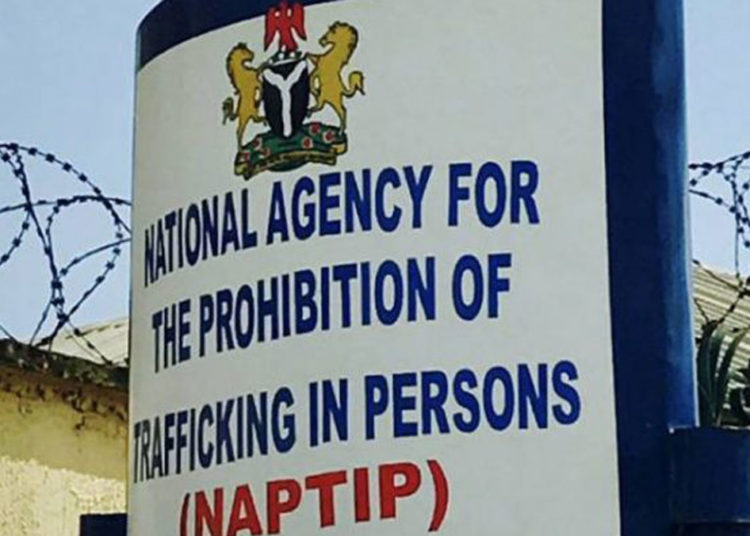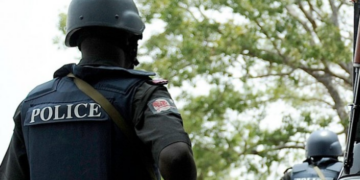Human trafficking in Nigeria is not a problem, but a national crisis stakeholders say, even as they call for collaborative efforts to tackle the menace.
The director general, National Agency for the Prohibition of Trafficking in Persons (NAPTIP), Fatima Waziri-Azi said many victims are stranded in a number of West African countries as they cannot move further to Europe, adding that they are living under dangerous conditions.
In Mali alone, no fewer than 20,000 young Nigerian girls and women are trapped living in shanties in the mining areas where they are sexually exploited, Waziri-Azi added.
In response to tackling human trafficking in Nigeria, Waziri-Azi disclosed that in July 2003, Nigeria enacted the Trafficking in Persons (TIP) (Prohibition) law enforcement and administration Act, adding that this legislation was amended in 2005 and re-enacted in 2015 as the Trafficking in Persons (prohibition) Enforcement and administration Act 2015.
NAPTIP now has a 24/7 call centre and launched the 627 short code. Since its launch, the centre has received a total of 1,739 calls.
“So far, NAPTIP has rescued, sheltered and rehabilitated over 17,727 victims of human trafficking, of which 4,727 males and 13,026 females. 8,935 were children and 8,818 are adults. 15,922 nigerians and 1,805 were non-nigerians. 394 victims have gone through the shelters between January 2022 to date,” the DG said.
“Between September, 2021 and May 5th, 2022, the agency has received 27,094 reports from Facebook on sextortion (child exploitation) from Nigeria, using the different social media platforms.
“Due to the increase in inter states trafficking and buying and selling of children, we are also partnering with Facebook to launch the Amber alert Nigeria, whereby Facebook send alert to targeted Facebook community to help find missing children in the country, will be launch in June,” she said.
Despite these milestones, Waziri-Azi said the agency is marred with challenges like low crime reporting, inadequate knowledge of human trafficking by sister law enforcement agencies, unavailability of lawyers to take up civil cases on behalf of victims on pro-bono basis and insecurity, among others.
In same vein, the director, National Orientation Agency (NOA), Lagos State, Mr. Waheed Ishola, tells me that the Lagos State government and the NOA have zero tolerance for child labour and human trafficking.
Data submitted through the Child Protection Information Management Systems (CPIMS), from the Child Protection Unit, the Ministry of Youth and Social Development, Lagos state, showed that from January to May, 2021, 213 children were sexually abused, 94 were physically abused, 30 children were abandoned, 45 children were lost but later found, 42 children were forced into labor, 44 children were abandoned and 52 do not have shelter.
Ishola said the Lagos state has engaged with critical stakeholders to tackle the menace of child labour and human trafficking in the state.
“Presently, NOA is partnering with the International Organisation for migration to carryout sensitisation activities including community dialogue,” the director said.





